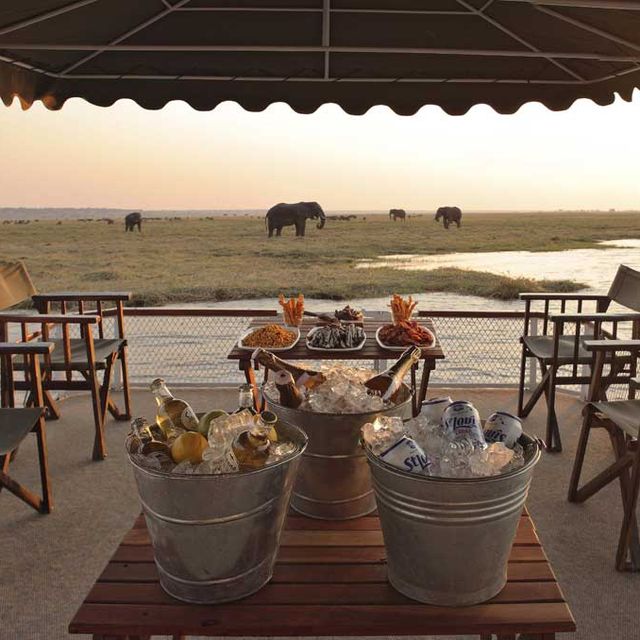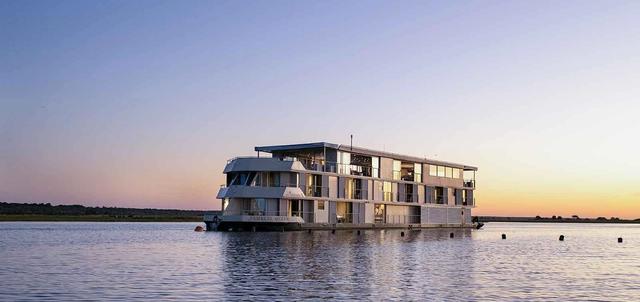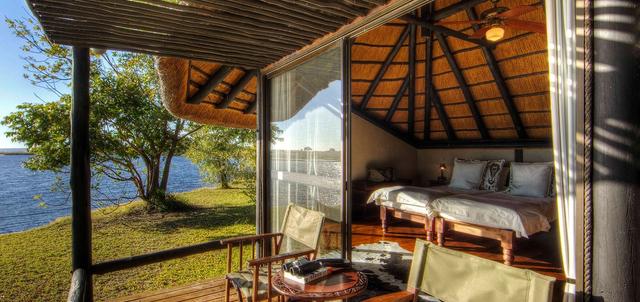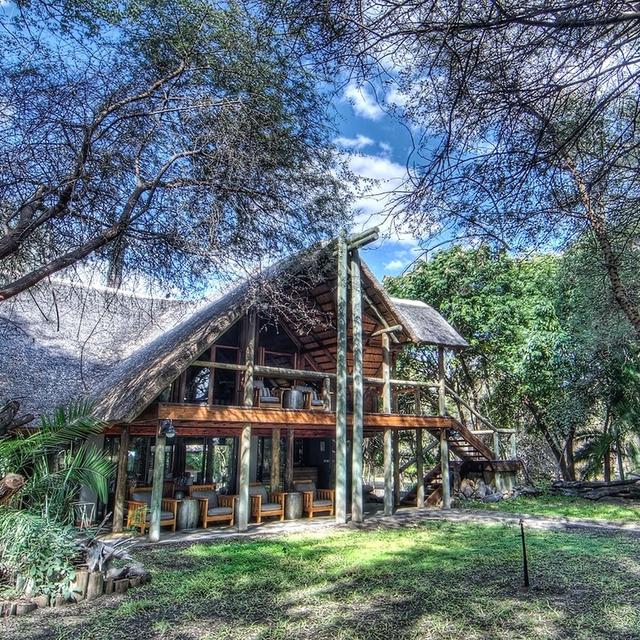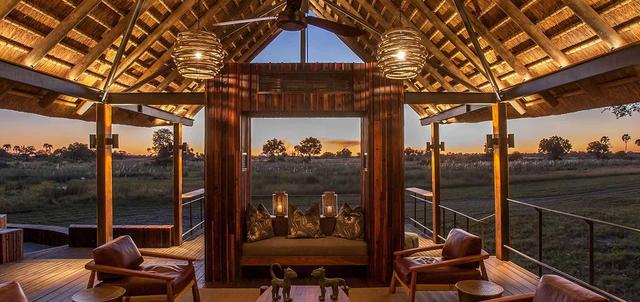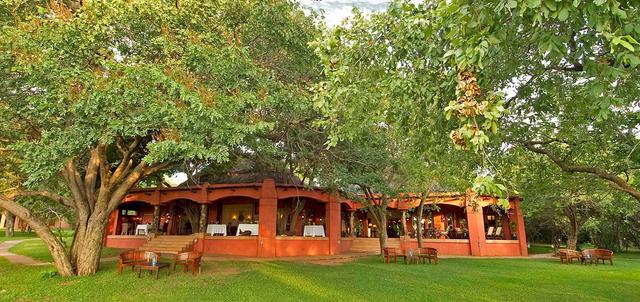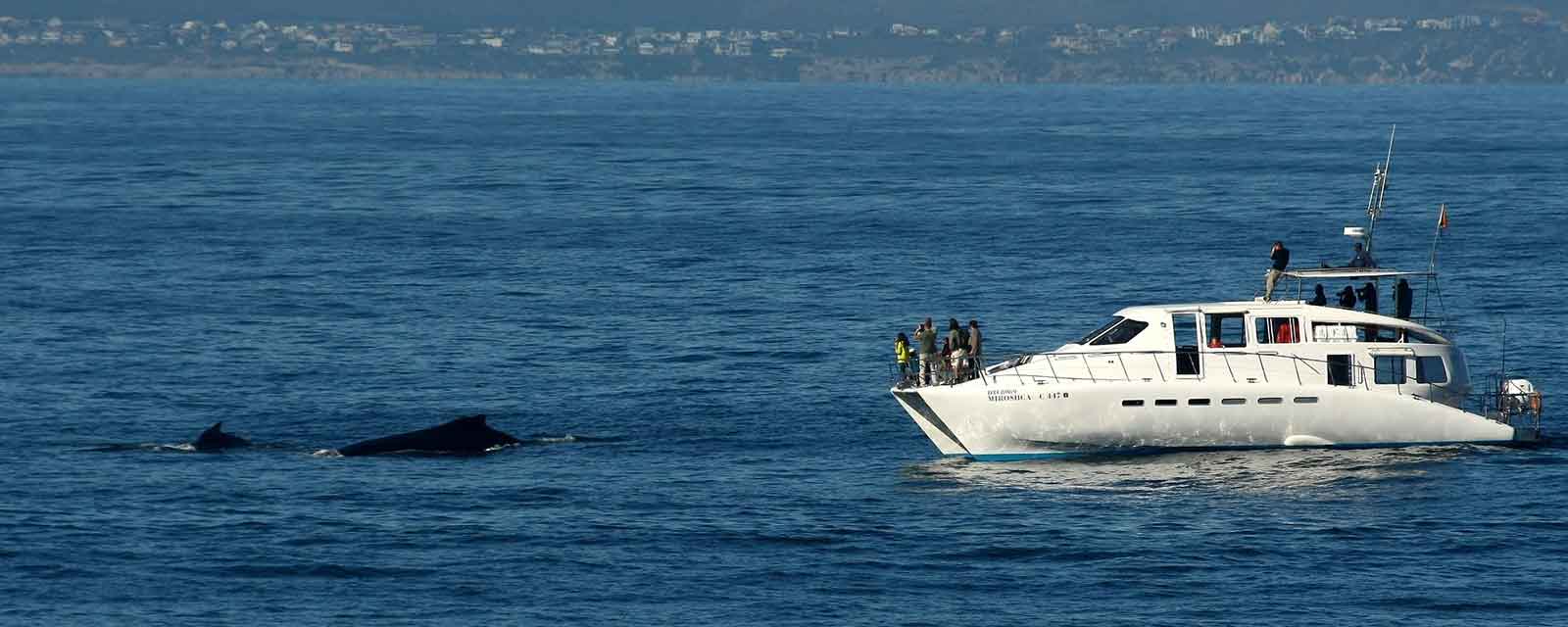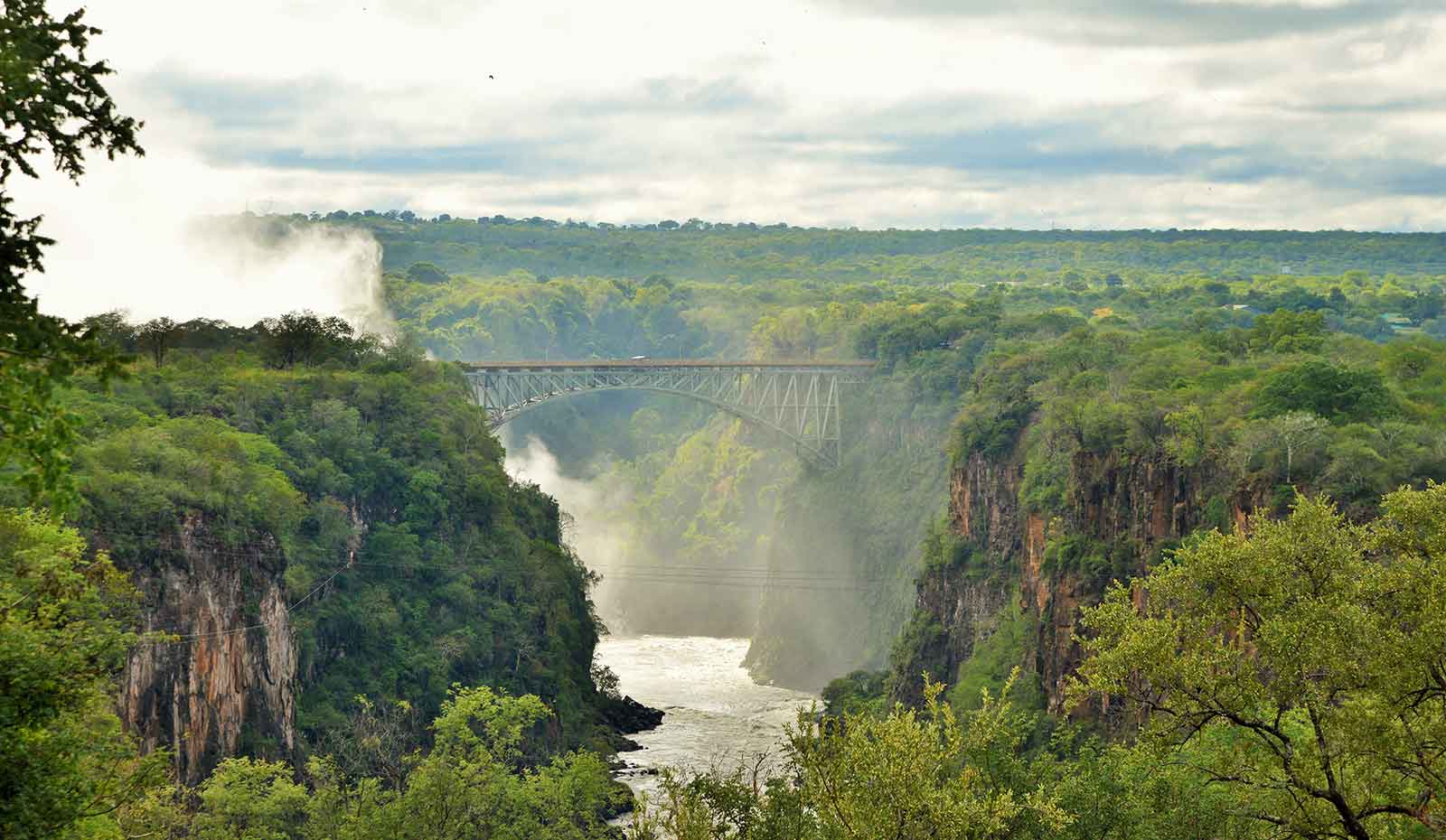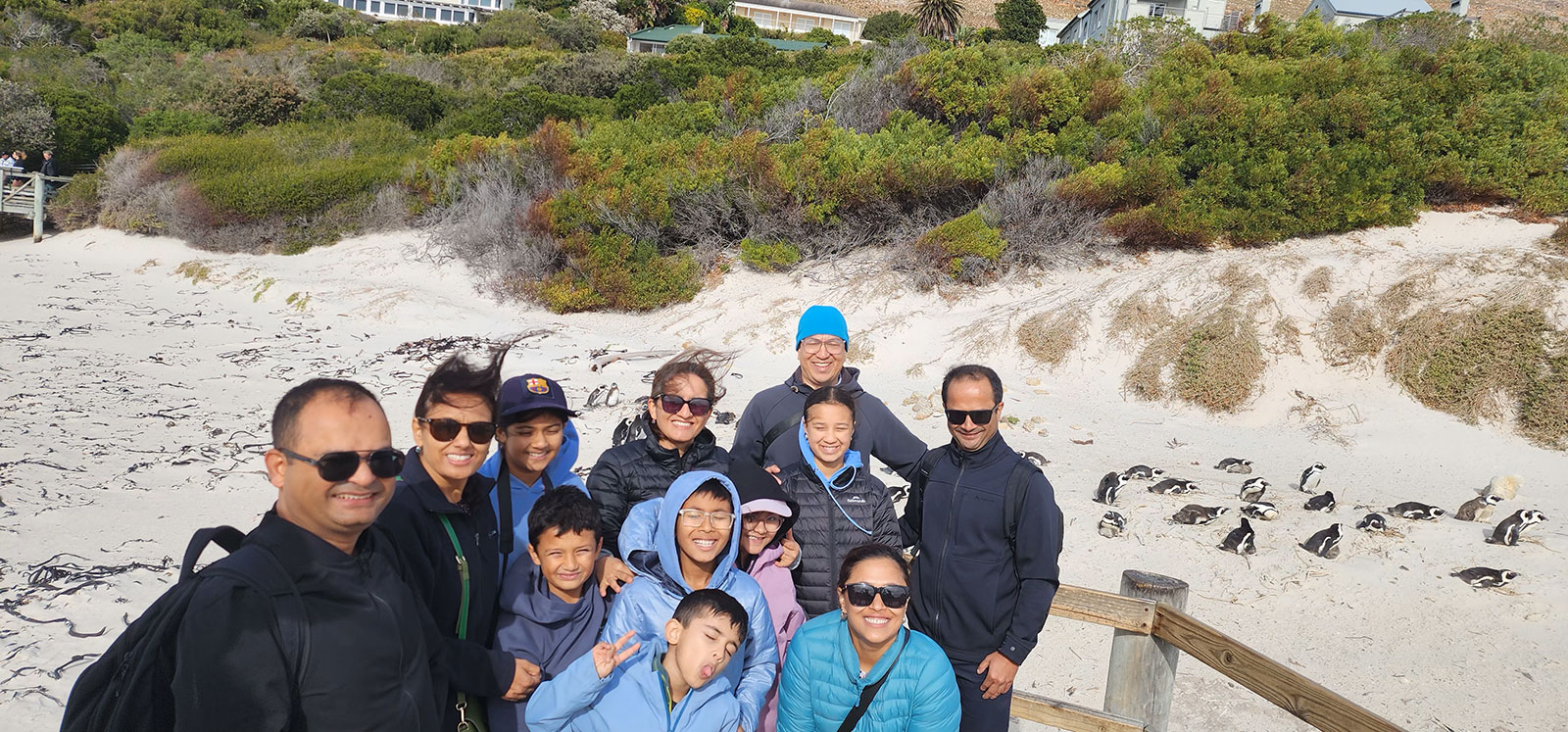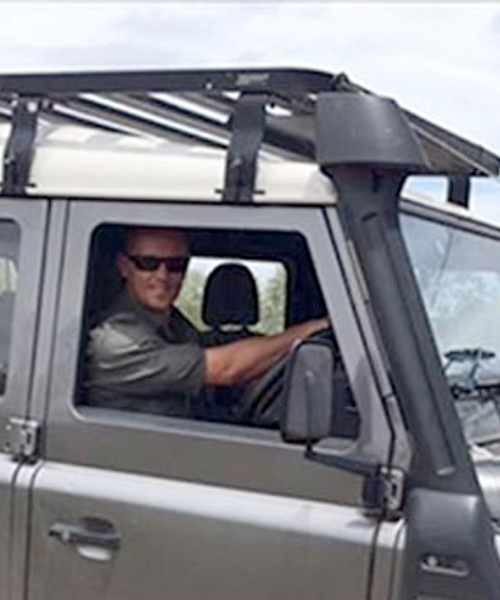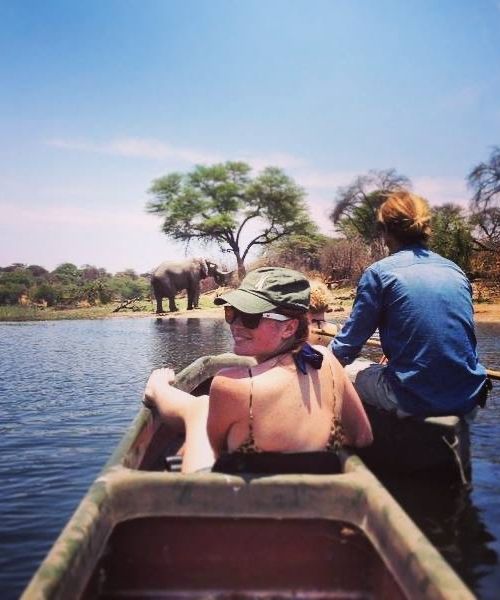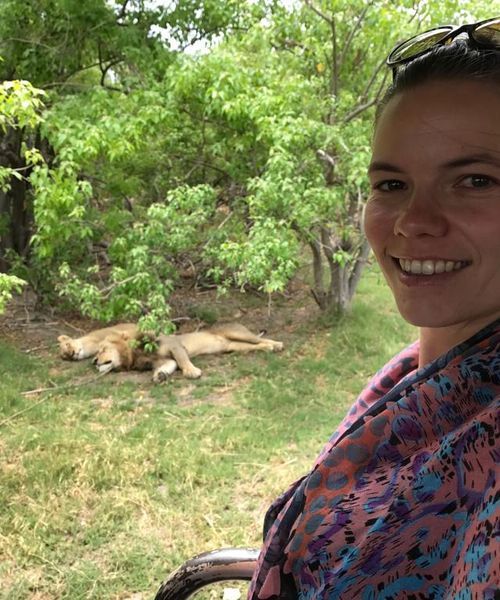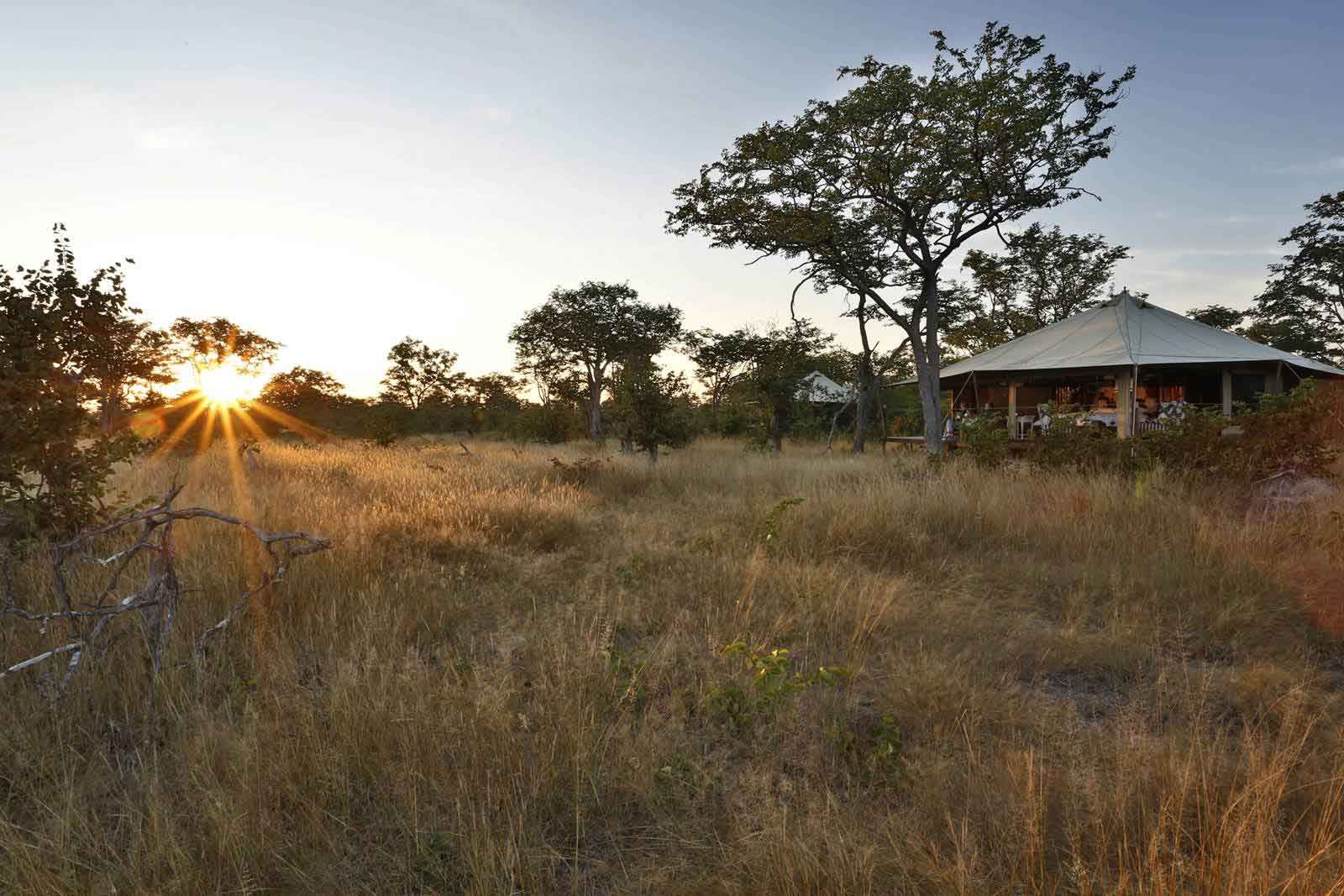
Camp Kuzuma
Camp Kuzuma is the newest private and exclusive safari lodge to open in the Chobe region. Situated 65km outside of Kasane in the pristine Kuzuma Forest Reserve the lodge offers a unique Botswana experience not found in this area.
Camp Kuzuma Introduction
Camp Kuzuma is an exclusive safari lodge located in the Chobe region. Situated 65km outside of Kasane in the Kuzuma Forest Reserve the lodge offers a unique Botswana experience. Camp Kuzuma is located overlooking a waterhole and open plains of the Kuzuma Pans. With over 4000 square kilometres of private traversing concession Camp Kuzuma offers an incredible wilderness experience seldom found in Africa.
- A well priced lodge in the Chobe area
- Fantastic accommodation in a large private concession
- Also offers game drives in the National Park as well as boat cruises on the Chobe River
Camp Kuzuma Game Viewing and Activities
Camp Kuzuma offers game walks and drives within the Kuzuma Forest Reserve as well as game drives into the Chobe National Park. Night drives are also offered in the reserve and guests also have the opportunity of a full day safari. This includes a cruise on the Chobe River, a game drive in the Chobe National Park and a sumptuous picnic lunch. Depart after breakfast and return at approximately 1830hrs.The Chobe National Park is the second largest national park in Botswana and covers 10,566 square kilometres of pristine wilderness. It has one of the greatest concentrations of game found on the African continent. It offers an abundance of wildlife and the true African nature of the region, offers a safari experience of a lifetime. A major feature of the Chobe National Park is its elephant population and is famous for its huge herds of elephant and buffalo. Chobe National Park is known to have the largest single concentration of elephants in Africa surviving within a proclaimed national park. Another highlight of this park is the animal migrations, dictated by seasons and food availability. During the wet months (December – March), most animals congregate on the open plains and as the land dries out and the heat builds (April – November), the animals migrate back to the Chobe River’s fertile flood plains.
